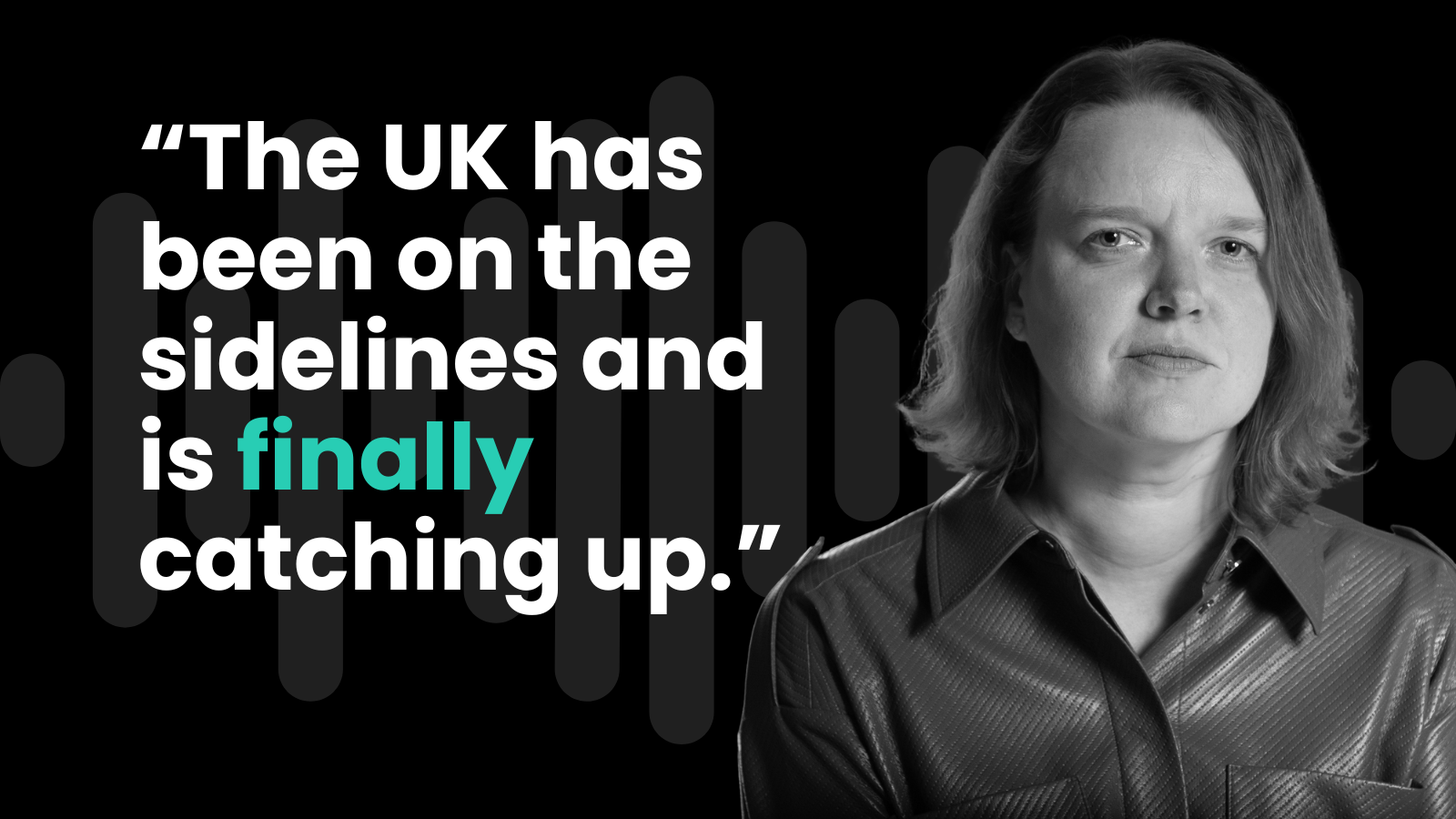Alphabet has walked away from one of the most consequential antitrust cases in decades largely unscathed.
A US judge ruled that Google NASDAQ:GOOGL will not be forced to divest either its Chrome browser or Android operating system, remedies once thought plausible. The relief was visible on Wall Street: Alphabet’s shares surged 9% in a day, adding $230bn to its market capitalisation — the largest single-session gain in its history.
The outcome is less about legal fine print than about the shifting dynamics of power in technology. Regulators accused Google of illegally maintaining a monopoly in search, a claim upheld in a ruling last year.
But instead of structural separation, the penalties now imposed are mild: Google must share data with rivals and refrain from exclusive distribution agreements. Its lucrative arrangement with Apple to remain the default iPhone search engine survives, so long as it is not exclusive.
- Pictet brings trio of active ETFs to the US market
- Which stocks will be next to reach the $4 trillion club?
- TSMC profits surge 39% as AI boom drives record results
For investors, the decision matters chiefly because it reduces uncertainty. Fears of a forced divestment — which could have upended Google’s core business model — have lifted. The company retains its most profitable franchises, ensuring the cash flows underpinning its $2.8trn valuation remain intact. Markets, which loathe indeterminacy, responded with jubilation. Apple too gained, adding $130bn in value on relief that its $20bn-a-year deal with Google was untouched.
AI will challenge Google’s dominance
Artificial intelligence shaped the ruling. The judge cited competition from OpenAI, Perplexity and other challengers as evidence that Google’s search dominance is already under threat. In effect, regulators are conceding that the competitive landscape is moving too fast for break-ups to be the right tool. That underscores a broader truth: American antitrust law, forged in the age of railroads and oil barons, is a blunt instrument for policing digital markets. Even where monopoly power is established, courts hesitate to dismantle firms whose businesses may be eroded by technological change.
The consequences are uneven. Smaller search competitors that had hoped for more radical remedies are the clear losers. The Justice Department secured only a partial victory: symbolic recognition of Google’s dominance, but little to alter it. Alphabet, meanwhile, has won time — and with it, strategic freedom.
What next for Google?
The company now faces three possible futures. In the base case, it consolidates its dominance in search, weaves its Gemini AI products into core services, and withstands ongoing regulatory scrutiny. In a bullish scenario, AI monetisation proves unexpectedly rich, search revenues remain robust, and Alphabet’s valuation rises closer to peers such as Microsoft. The bearish view is that Apple may one day defect to another search provider, AI rivals may erode market share, and a looming trial over Alphabet’s advertising empire could yet force divestitures.
Regulation is not over. The Justice Department may still appeal, a process that could drag on for years. More perilously, Alphabet faces a separate case in Virginia concerning digital advertising, where the remedies under consideration include asset sales. The search business may have survived, but the ad-technology arm could yet be put on the chopping block.
Distribution deals likely to accelerate
In the meantime, Google gains licence to move faster. Having proceeded cautiously while the trial was live, it is now free to push its Gemini AI products onto billions of devices. Distribution deals with hardware makers, above all Apple, are likely to accelerate. The battleground is shifting from search to artificial intelligence.
The lesson for investors is mixed. The short-term risk of a break-up has eased, sparking record gains. Yet Alphabet still trades at a discount to peers — a sign that the market is not convinced its regulatory troubles are over, nor that it will dominate AI as it has search. Relief rallies can be intoxicating; but in Silicon Valley, as in Washington, another trial is always around the corner.
Related ETFs
Would you like your funds listed here? Contact usArtificial Intelligence & Robotics UCITS ETF Artificial Intelligence
LON:ARKI / USD 

Artificial Intelligence UCITS ETF Artificial Intelligence
LON:INTL / USD 


























